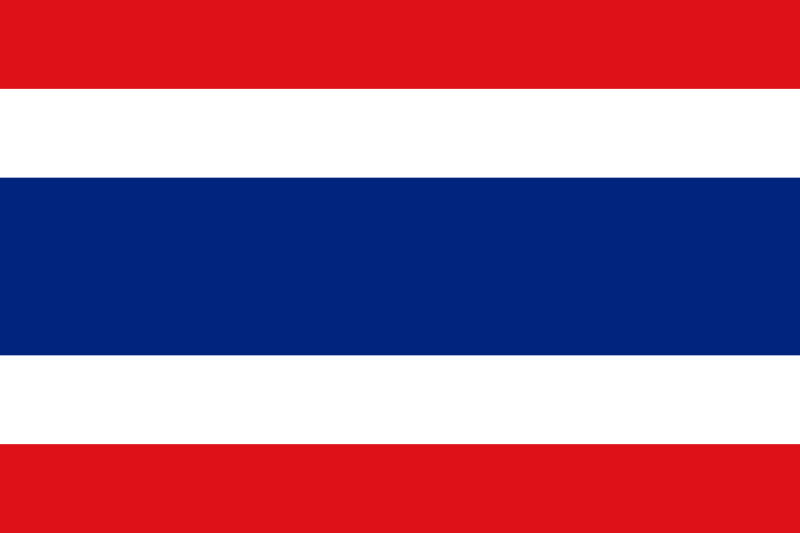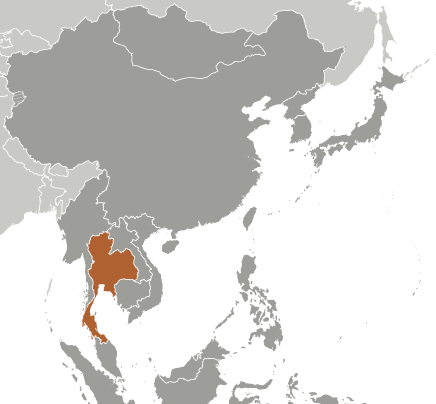HISTORICAL BACKGROUND
The right to information has been recognized by the Constitution since 1991. Section 48 of the 1997 Constitution states:
A person shall have the right to get access to public information in possession of a State agency, State enterprise or local government organisation, unless the disclosure of such information shall affect the security of the State, public safety or interests of other persons which shall be protected as provided by law.
The Official Information Act was approved in July 1997 and went into effect in December 1997. The Act allows citizens to demand official information from any state body including central, provincial and local administrations, state enterprises, the courts for information unassociated with the trial and adjudication of cases, professional supervisory organizations, independent agencies of the State and other agencies as prescribed in the Ministerial Regulation. The Council of State has ruled that independent bodies such as the Anti-corruption Commission are not subject the Act. The body must respond within a "reasonable time."
Information that "may jeopardize the Royal Institution" cannot be disclosed. There are discretionary exemptions for information that would: jeopardize national security, international relations or national economic or financial security; cause the decline of the efficiency of law enforcement; disclose opinions and advice given internally; endanger the life or safety of any person; disclose medical or personal information which would unreasonably encroach upon the right of privacy; disclose information protected by law or given by a person in confidence; other cases prescribed by Royal Decree. Information relating to the Royal Institution is to be kept secret for 75 years. Other information should be disclosed after 20 years which may be extended in five years periods.
Those denied information can appeal to the Information Disclosure Tribunal whose decisions are deemed final except for appeals to the administrative court by citizens who believe that the decision of the tribunal was unjust. There are five tribunals set up for Foreign Affairs and National Security, National Economy and Finance, Social Affairs, Public Administration and Law Enforcement, Medicine and Public Health, and Science, Technology, Industry and Agriculture.
The Official Information Board supervises and gives advice on implementation, recommends enactment of Royal Decrees, receives complaints on failure to publish information, and submits reports. The Office of the Official Information Commission (OIC), which is part of the Prime Minister's Office, is the secretariat of both bodies. The OIC reported that it handled 314 complaints and 164 appeals in 2005, from 214 complaints and 185 appeals received in 2004. Individuals and government officials have been the two largest categories of people appealing to the OIC. The Ministry of Education and local governments are the most complained against. The government has sent mixed signals on giving the OIC more power, denying a request to upgrade it to a Department but placing it under the direct control of the Prime Minister.
State agencies are required to publish information relating to their structure, powers, bylaws, regulations, orders, policies and interpretations. They are also required to keep indices of documents. Historical information is sent to the National Archives Division.
The law also sets rules on the collection, processing and dissemination of personal information by state agencies.
There were many requests in the first three years of the Act. In one well-known incident, a mother whose daughter was denied entry into an elite state school demanded the school's entrance exam results. When she was turned down, she appealed to the OIC and the courts. In the end, she obtained information showing that the children of influential people were accepted into the school even if they got low scores. As a result, the Council of State issued an order that all schools accept students solely on merit. Other information requests have resulted in the partial release of the government report on the May 1992 uprising and the release of investigation reports of the National Anti-Corruption Commission.
Since then, however, interest appears to be slipping, especially with the media, who appear to use the act very infrequently. The Thai government proclaimed 2002 the Year of Access to Official Information. Prime Minister Thaksin Shinawatra in August 2003 called on citizens to use the Act to fight corruption noting "I believe 95 per cent of government information can be disclosed to the public. I myself have nothing to hide". Deputy Prime Minister Vishanu Krua-ngam said that the largest problem was the opposition of government departments: "Government agencies tried to buy time instead of answering right away whether the information could be disclosed or not." However, the government was strongly criticized for withholding information for several months relating to the bird flu epidemic in late 2003 and early 2004.
Problems with the act include time frames are not realistic and need to be extended; enforcing decisions of the Tribunals have been difficult due to overlapping laws; Several of the ex-oficio members of the Commission frequently do not attend meetings; The OIC is part of the bureaucracy while the Board and Tribunal are independent.
[Footnotes for this section are currently unavailable but will be posted the week of July 10. All footnotes and references are also available in the full study, available here.]
2004 freedominfo.org Global Survey Results - Thailand





















